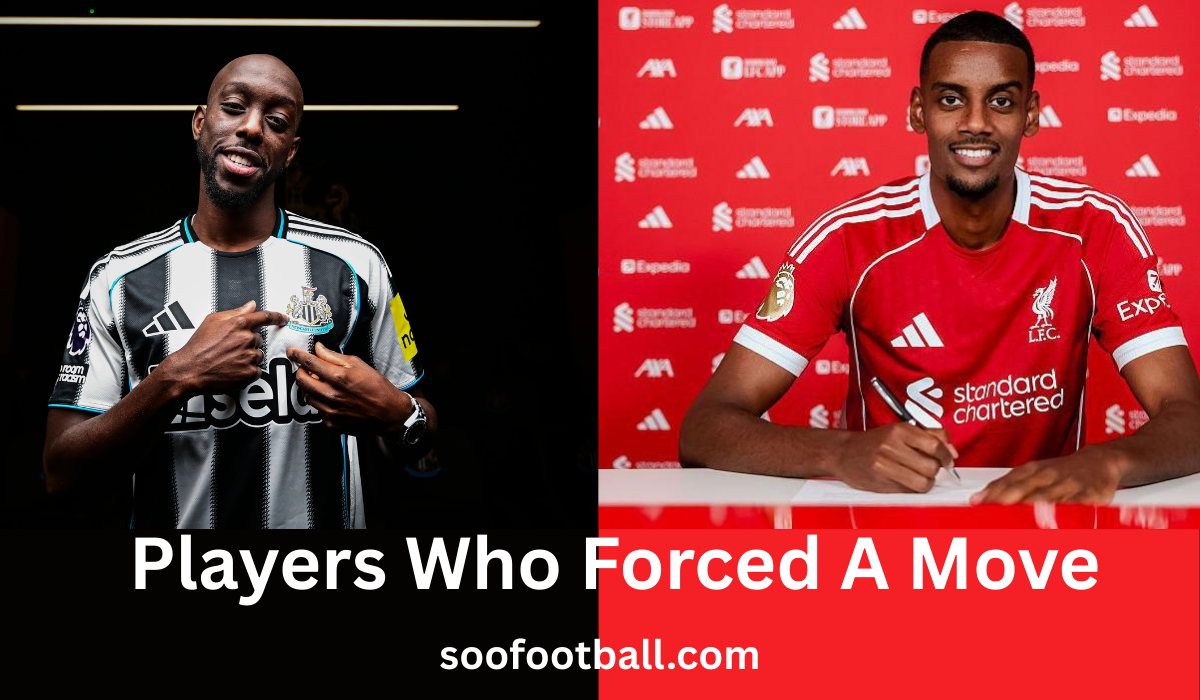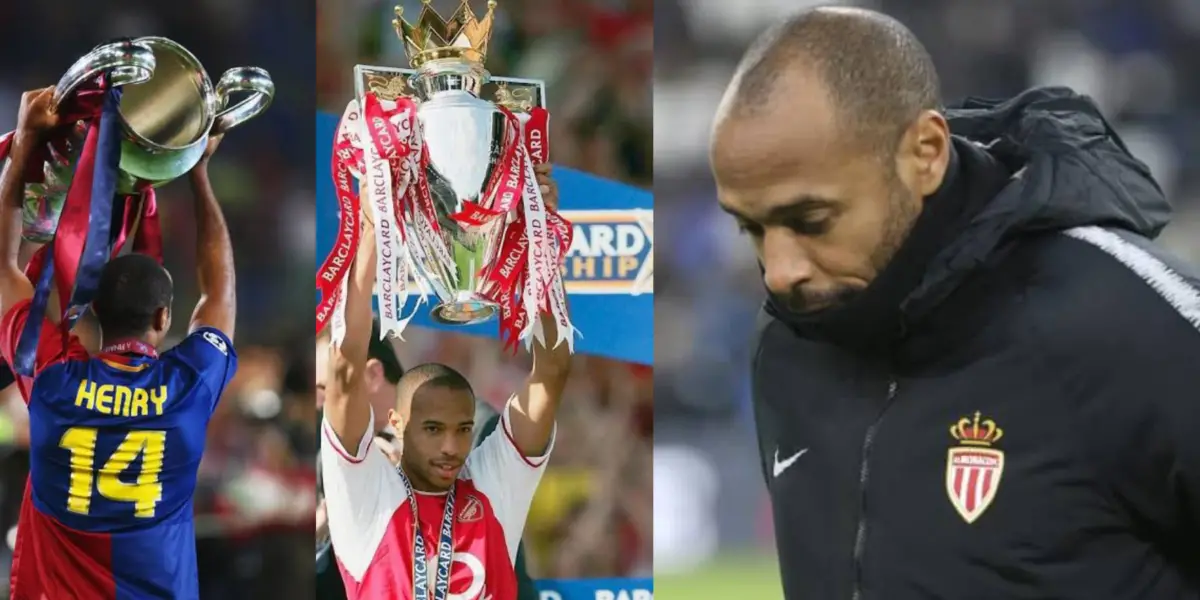In light of the recent British-record transfer of Alexander Isak to Liverpool after his strike, there is a need to explore more of such cases of players who forced a transfer or move to a big club in recent times.
1. Alexander Isak (Newcastle to Liverpool)
Isak at first did not make his desire clear as to what he wanted in the Transfer. However, after Liverpool secured a move for Hugo Etikite, Isak then made clear to Newcastle his desire to move to Liverpool. This encouraged Liverpool to make a bid to Newcastle. However, Newcastle reportedly rejected several bids for Isak from Liverpool, and this frustrated the Swedish striker.
What would he do next? The Swedish striker refused to turn up for the Pre-season and eventually went on Instagram to make a statement about Newcastle’s ‘broken promises’. Long story short, on deadline day, Newcastle finally accepted Liverpool’s £125M record bid for Isak, and the player secured his dream move.
2. Yoane Wissa (Brentford to Newcastle)
The case is very similar for Yoane Wissa. After scoring 20 Premier League goals for Brentford last season, Wissa was hungry for a move to a bigger club. Just like Newcastle, Brentford rebuffed many offers for Wissa, much to the frustration of the striker.
Wissa, just like Isak, went on Instagram to make a statement of broken promises, and he refused to show up for Preseason.
Eventually, Brentford sold Wissa to Newcastle for £55m. The player finally got his wish.
3. Viktor Gyökeres (Sporting CP to Arsenal)
Gyökeres scored at a ridiculous rate at Sporting. He scored 97 goals and had 26 assists in 102 games. In his over two seasons at the club, he helped the club win two league titles.
As a result of his success, Gyökeres reportedly had a gentleman’s agreement to allow him to move to a bigger club for less than his supposed release clause of €100m.
Arsenal then came knocking, but Sporting insisted on the ‘official’ €100m release clause. This frustrated Viktor Gyökeres, and he went on strike, saying he would never play for Sporting again.
Eventually, Sporting accepted Arsenal’s €63m bid, and the player secured his dream move.
4. Moisés Caicedo (Brighton to Chelsea)
The Moisés Caicedo saga also dragged on for weeks. Brighton initially stood firm and claimed that the Ecuadorian was not for sale. But Caicedo had other ideas. After a brilliant season in Brighton’s midfield, Chelsea were desperate to get him, and the player himself was equally desperate to leave.
Caicedo even went public with social media posts, pleading with Brighton to allow him to move on. This did not sit well with the club, and as a response, Brighton sent him away from the training ground for a few weeks. The standoff only fueled Chelsea’s determination, and eventually, the London club came back with a record-breaking offer of £115 million in August 2023. Brighton had no choice but to accept, and Caicedo finally got his big move.
5. Matheus Nunes (Wolves to Manchester City)
When Manchester City came calling, Matheus Nunes knew he couldn’t resist. Wolves, however, were reluctant to lose their star player. But how would Nunes react? Well, he reacted in the worst possible way by refusing to turn up for training. The player’s camp made it clear he would not play for Wolves again until the deal was sorted.
It was an ugly standoff. Wolves fans felt betrayed, and the club publicly criticised his behaviour. But Nunes would not budge. In the end, City got their man for £53m.
6. Dimitri Payet (West Ham to Marseille, 2017)
West Ham fans adored Payet for his magic on the ball. The man was ridiculously talented. However, in January 2017, Payet’s heart was elsewhere. He informed the manager and the board that he wanted to return to Marseille, no matter what. Payet then shocked the club by refusing to play.
Because he was their starman, West Ham tried to hold firm. But Payet’s continued refusal to train or play created a toxic atmosphere around the team. Eventually, West Ham caved and sold him back to Marseille for £25m. For the Hammers, it was the end of a love affair. For Payet, it was proof of how powerful a player’s will can be, as seen in so many cases discussed above already.
7. Harry Kane (Tottenham to Bayern Munich)
In all honesty, Harry Kane’s situation was slightly different but still important to discuss. Kane had long hinted at wanting trophies, and when big clubs circled, he tried to push Spurs into selling. He delayed his return to preseason training, which was seen as a clear or subtle protest against Daniel Levy and the club’s refusal to negotiate with Bayern Munich.
The saga became headline news, and Spurs fans became divided. Some were sympathetic and others were furious.
In the end, in 2023, Kane became the most expensive signing in Bundesliga history, costing a whopping €110 million.
8. Carlos Tevez (Manchester City, 2011)
Tevez’s fallout with Manchester City was one of the most dramatic of its era. During a Champions League game, Tevez refused to warm up when called upon as a substitute by Roberto Mancini. From that moment, the relationship between Tevez and City broke down.
He effectively went AWOL for months. Tevez went back to Argentina instead of returning to training at City. Man City eventually had to accept that the striker would never play for them again under the same terms. Though he returned briefly, the writing was on the wall, and Tevez eventually left for Juventus.
Tevez’s strike remains one of the most infamous in Premier League history.
9. William Gallas (Chelsea to Arsenal, 2006)
This one still feels the most incredible of all cases. Gallas reportedly threatened to score an own goal if Chelsea forced him to play when he wanted to leave. He refused to train and made life so difficult that Chelsea were backed into a corner.
In the end, he got his wish. Gallas moved to Arsenal in a transfer that shocked the Premier League. The Gallas’ story is one of the most controversial characters of that era.
10. Luka Modrić (Tottenham to Real Madrid)
By 2012, Luka Modrić had outgrown Tottenham. Real Madrid wanted him, but Spurs chairman Daniel Levy was notoriously tough in negotiations. Modrić decided to take matters into his own hands. He refused to join the Spurs on their preseason tour and even skipped training sessions, making his stance crystal clear.
Eventually, Spurs accepted Real Madrid’s offer of around £31m, and the player was able to secure his dream move.
11. Ousmane Dembélé (Borussia Dortmund to Barcelona)
Dembélé’s strike at Dortmund was one of the most dramatic and yet another example of players who forced a transfer in recent years. After Barcelona lost Neymar to PSG, they made Dembélé their top target. Dortmund, however, didn’t want to sell their star talent.
How would Dembélé respond? He skipped training altogether and went completely AWOL. Dortmund had no choice but to suspend him, and it became clear the relationship was broken beyond repair. Barcelona returned with a monster bid of €105 million. And Dortmund finally gave in.
12. Dani Alves (Sevilla to Barcelona)
Dani Alves was already one of the best full-backs in Europe when Barcelona came calling. Sevilla initially refused to let him go, especially since he was crucial to their squad. But Alves would not take no for an answer.
He refused to play in Champions League qualifiers, and he effectively removed himself from selection for a long period. Sevilla eventually agreed to sell him for £23.5m. For Barcelona, it turned out to be one of the best signings in their history, but for Sevilla, the way Alves forced the move left a sour note.
13. Riyad Mahrez (Leicester to Manchester City)
Riyad Mahrez had given Leicester everything, including playing a key role in their miraculous Premier League title win in 2012. But when Manchester City came knocking, he decided it was time to move on. Leicester rejected City’s initial bids, which led to Mahrez’s frustration.
Mahrez missed training sessions and even matches. In fact, it was a prolonged standoff, with Leicester refusing to negotiate with City at all. But eventually, Mahrez got his way. City paid a whopping £60m fee, and Mahrez finally got his wish.
Conclusion
These examples of players who forced a transfer move are case studies that are clear indications that players sometimes need to force their employers in order to secure their dream move. But is it right to get it done this way? Should clubs stand in the way of players who wish to leave? Is it, rather, fair for clubs to also cast players off to the reserve when they are not needed anymore? Share your thoughts in the comment section!





